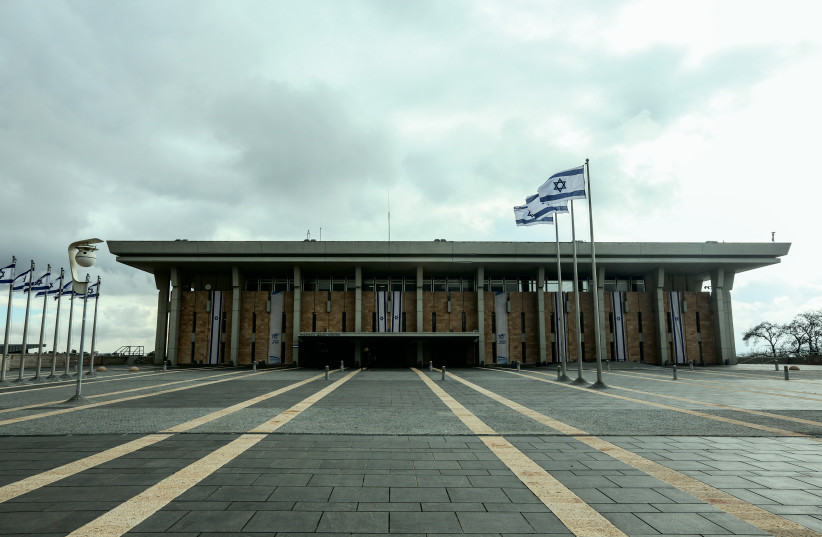T-shirts emblazoned with an M16 rifle have become a trend among Palestinians and Israeli Arabs. The T-shirts are being printed at a clothing store in the Palestinian city of Nablus in the West Bank.
For more stories from The Media Line go to themedialine.org
The trendy T-shirt has sparked opposition by many on social media. One of them is Israel lawmaker Eti Atiah of the opposition Likud Party. Atiah claims that the images on the shirts incite terrorism and violence, and says she plans to enact a law against wearing clothing with such symbols.
“After we found the next government, we will enact the anti-terrorism law: ‘A person shall not wear in public an item of clothing with a painting or photograph that encourages or incites terrorism, murder, killing, violence or armed struggle.’ There will be a year in prison," she tweeted.
Atiah told The Media Line that, for now, she is not sure that such a law can be proposed. It is important to first run the idea through a legal adviser to see how it can be legislated since free speech is a very complex area and it is hard to draw a clear line between what does and doesn’t qualify as incitement.
However, Atiah says she plans to fight this clothing phenomenon even if a law against it is not possible.

“We intend to act with all the parliamentary tools against this phenomenon. Either through legislation or through the Public Security Ministry,” she said.
She explains that, if legislation is not successful, she will try to turn the issue over to the Public Security Ministry, which oversees the Israel Police.
“We will talk with the public security minister to see what the police is going to do with that issue because it is expanding, it is not just shirts anymore. We have seen it expanding to many other objects, such as shoes,” she added.
The lawmaker says that when speaking about a case “where people intentionally go around in times of a terror wave, with these T-shirts – which we know are fabricated in Nablus – to motivate youngsters to take part in an armed struggle, we want to stop that.”
The Nablus Trading Corporation produces clothing items with an M16 printed on them. The store advertises T-shirts and pants for adults and kids.
A store representative told The Media Line that “it’s just a print, nothing else,” but refused to answer other questions.
Professor Gilad Hirschberger, an experimental social and political psychologist who teaches at The Baruch Ivcher School of Psychology at Reichman University in Herzliya, Israel, told The Media Line that “a T-shirt with a picture of a weapon might encourage violence.”
He explained that dual-process theories that consider both explicit thinking and implicit processes suggest that cues depicting violence could trigger violent reactions for at least two reasons.
The first is straightforward, he said. “If in the context of an intergroup conflict members of one group meet with members of the other group while wearing a representation of violence (like a weapon) it could signal a threat and serve to intimidate the other group in a manner that is explicit enough but does not break any law,” he explained.
A second reason, Hirschberger says, is that research shows that aggression can be triggered by a combination of negative affect and a subtle cue of violence in the environment.
“In other words, just being upset may not be enough to trigger violence, but being upset in a room where there is a plastic gun on the table or a sword hanging from the wall may be all it takes to elicit a violent reaction,” he said.
